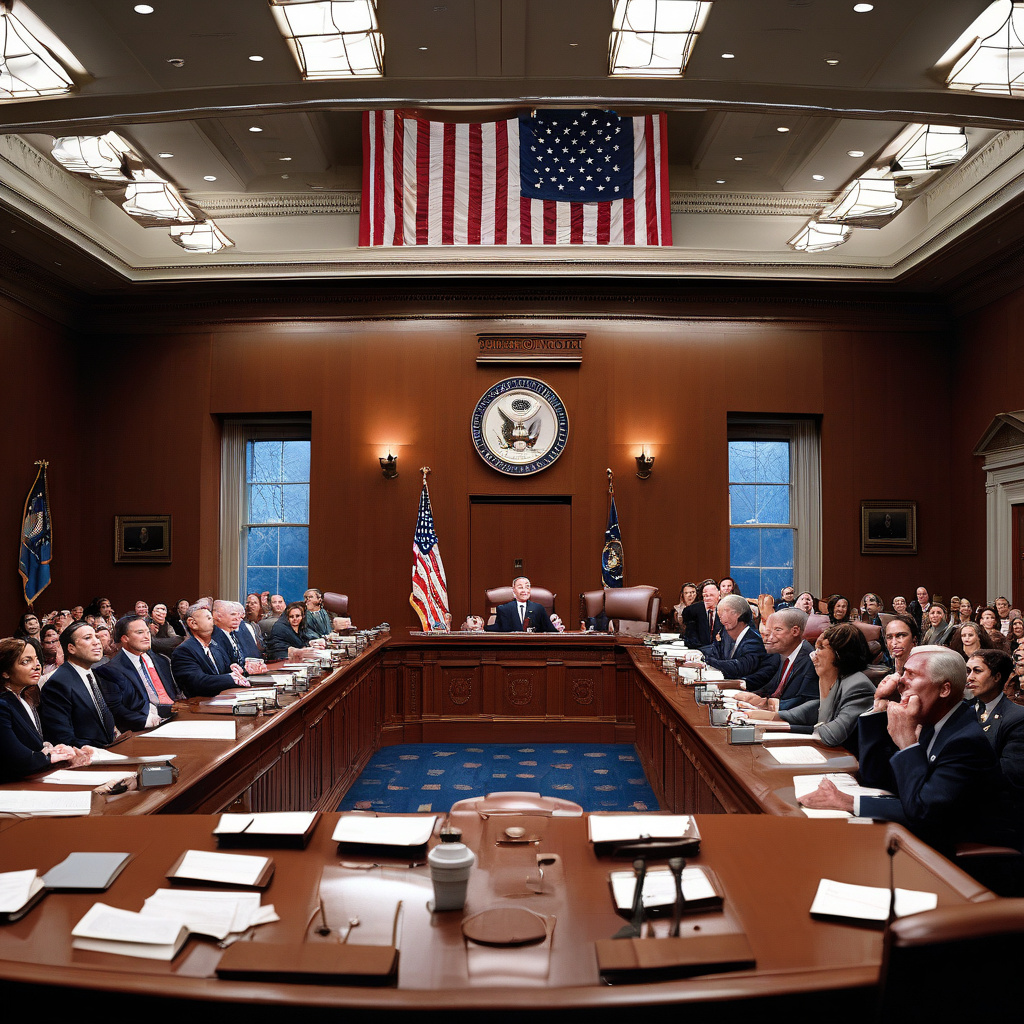In a recent turn of events, Rep. Gerald Connolly, the ranking member of the U.S. House Oversight Committee, has thrust fintech startup Ramp into the spotlight. The congressman has launched an investigation into Ramp’s pursuit of a lucrative $25 million federal contract. This move raises questions about the fairness and transparency of the procurement process within the government’s tech acquisition landscape.
Connolly’s decision to probe Ramp’s activities stems from concerns over potential preferential treatment the startup might be receiving in its bid for the government contract. By reaching out to the General Services Administration (GSA) Acting Administrator, Stephen Ehikian, Connolly is seeking clarity on the details and circumstances surrounding Ramp’s involvement in the bidding process.
The scrutiny surrounding Ramp’s endeavors highlights the complexities and challenges that arise when innovative fintech companies intersect with the intricacies of government contracts. As the fintech industry continues to disrupt traditional financial services, it must navigate regulatory frameworks and compliance standards, especially when engaging with government entities.
The investigation initiated by Rep. Connolly underscores the importance of upholding integrity and fairness in government procurement practices. It sheds light on the need for thorough oversight to ensure that all players, regardless of their size or profile, adhere to the same set of rules and guidelines when vying for lucrative contracts.
For Ramp, this investigation represents a pivotal moment that could shape its reputation and future prospects in the fintech and government contracting spheres. How the startup addresses the concerns raised by Rep. Connolly and the oversight committee will not only impact its immediate bid but also influence its standing within the broader fintech ecosystem.
As the investigation unfolds, industry observers and stakeholders will be closely monitoring the developments to gauge the implications for both Ramp and the government tech procurement landscape. The outcome of this inquiry has the potential to set precedents and establish benchmarks for how fintech firms engage with government contracts moving forward.
In the ever-evolving realm of technology and finance, the intersection of fintech startups with government contracts is a complex terrain that demands transparency, accountability, and adherence to regulatory standards. The Ramp investigation serves as a reminder of the critical need to ensure that all participants operate on a level playing field, fostering competition and innovation while upholding the principles of fairness and equity.
In conclusion, Rep. Connolly’s investigation into Ramp’s bid for a $25 million federal contract underscores the nuanced dynamics at play when fintech ventures navigate the realms of government procurement. By shining a light on these interactions, the inquiry prompts a broader conversation on the integrity and transparency of tech acquisitions within government agencies, shaping the future landscape for both industry players and regulatory bodies alike.

